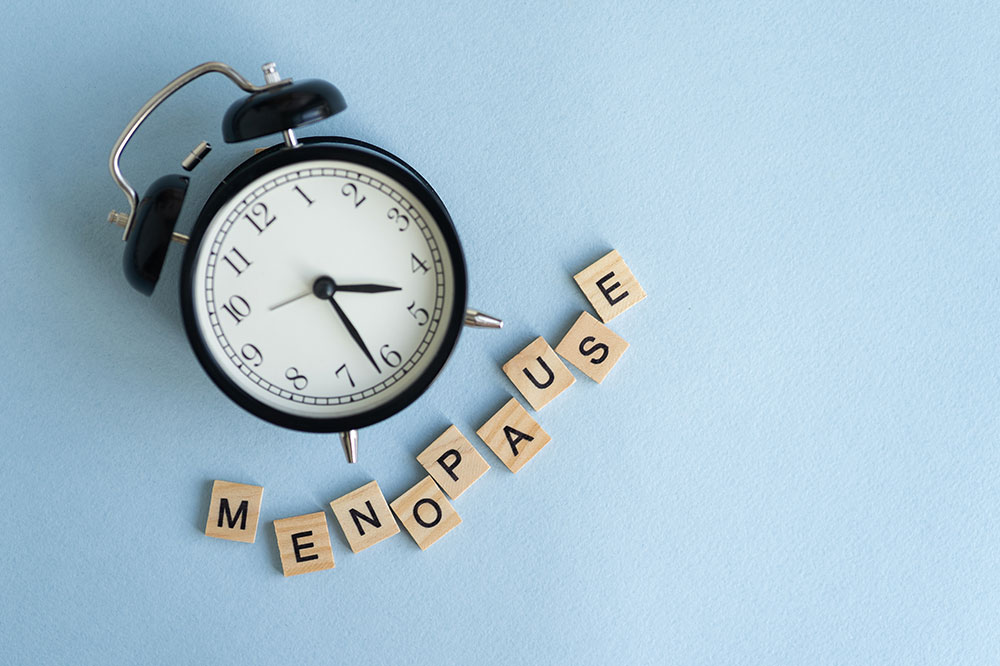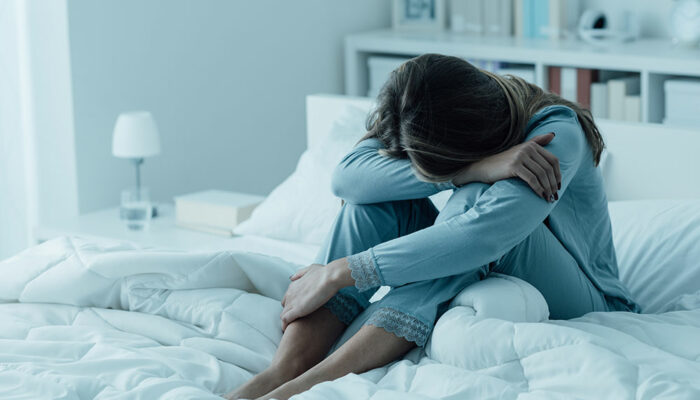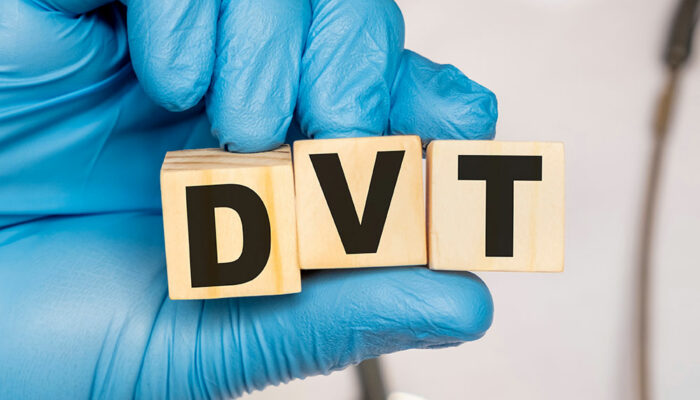
Correlation Between Menopause and Breast Cancer Risks
Breast cancer and menopause are not directly related. However, certain hormone therapies may increase the risk of breast cancer. Menopause usually occurs in women above 50, but it can also happen before 50. When women stop ovulating, they are known to be menopausal. Hot flushes, night sweats, vaginal dryness, and mood swings are some of the most common symptoms of menopause. There are several risks related to breast cancer after menopause.
Let’s look at some of the risks related to breast cancer and menopause.
1. An increased exposure to estrogen
When a woman has an extensive number of cycles throughout her life, she is more likely to be exposed to estrogen. Estrogen is a hormone that helps improve fertility. However, too much exposure to estrogen can increase the risk of breast cancer.
2. A high number of ovulations
Ovulation is a process where the ovaries produce eggs. When a woman experiences an increased number of ovulation cycles, the risk of breast cancer increases. This usually occurs in women who start menstruating before the age of 12 or start menopause after 55.
3. Combined hormone therapy
Combined Hormone Therapy is commonly known as hormone replacement therapy (HRT). This therapy helps relieve several menopausal symptoms like osteoporosis and hot flashes. A lot of women opt for this therapy once they start menopause. HRT is a combination of two hormones – estrogen and progestin. However, progestin is created in a lab. As per the National Institute for Health, HRT increases the risk of breast cancer, heart attack, stroke, and blood clots. Doctors do not recommend HRT for women who have a history of breast cancer or for women who have a higher risk of breast cancer.
Apart from these, other risk factors may lead to breast cancer in women.
4. Other risk factors of breast cancer
Age is one of the most common risk factors for breast cancer. 95% of the women diagnosed with the disease are above the age of 40. Family history is another factor to look out for. Women whose mothers, sisters, or aunts have had the condition are more likely to develop breast cancer. Women who have a history of ovarian cancer, uterine cancer, or colon cancer are at a higher risk of developing the condition. Genetic abnormality such as BRCA1 and BRCA2 genetic mutation can cause breast cancer. It is vital to check for these genes in the body.
Breast cancer can occur in women who have children after the age of 30. It can also occur in women who never have children. Weight is another common factor that causes breast cancer. Women who put on weight after menopause are at a higher risk of developing breast cancer.
Regular checkups for breast cancer are important for women who are menopausal. Women must consult with their doctors before starting HRT, as it increases the chances of breast cancer.



